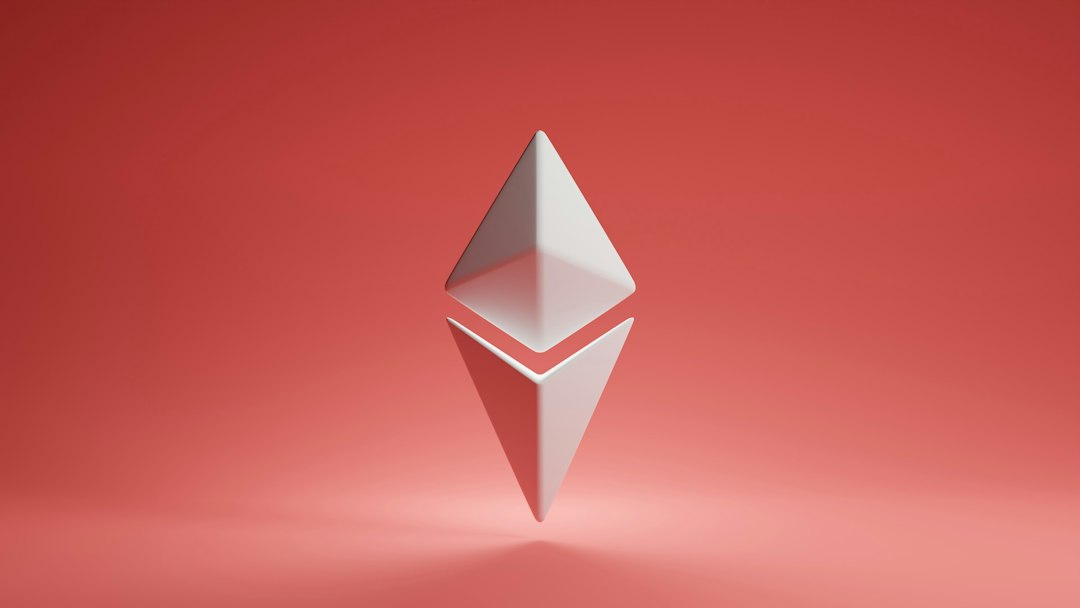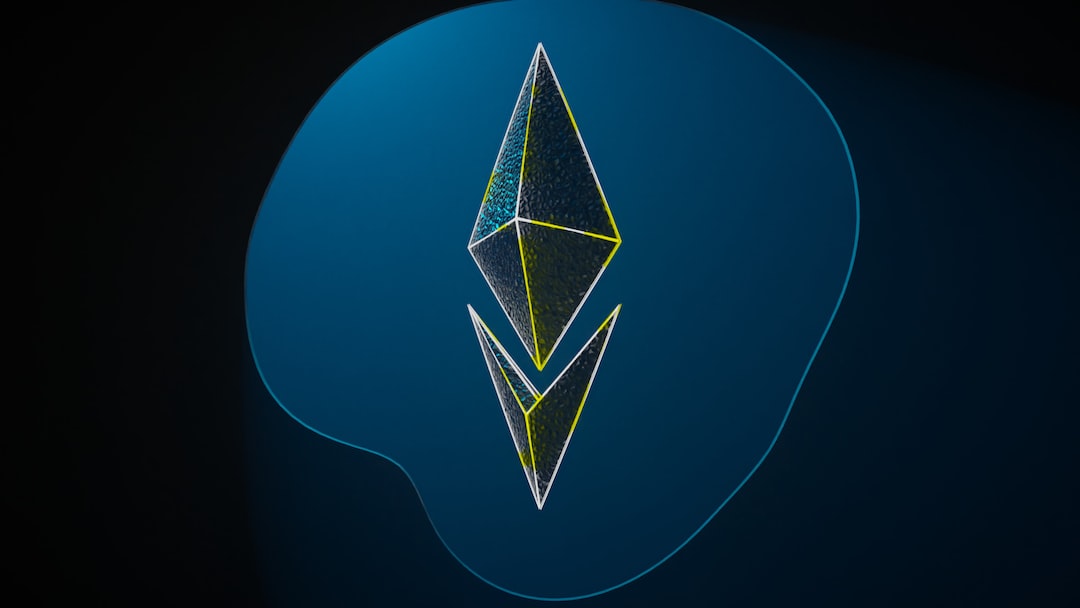Introduction
Are you looking to dive into the world of cryptocurrencies? If so, you’ve probably heard of the two dominant players in the market: Solana and Ethereum. These blockchain platforms are often compared, as they both offer unique features and attract a large user base. In this article, we will explore the battle for blockchain supremacy between Solana and Ethereum, helping you understand the key differences and which platform may be the right choice for you.
Solana: The Rising Star
Solana, the relatively newcomer to the scene, has been making waves in the cryptocurrency community. It boasts impressive transaction speeds and low fees, making it an attractive option for developers and users alike. With its Proof of History (PoH) consensus mechanism, Solana ensures secure and reliable transactions, while its scalability allows for thousands of transactions per second. This efficient blockchain solution is gaining popularity and has caught the attention of many investors.
Ethereum: The Pioneer
Ethereum, on the other hand, has long been recognized as a leader in the blockchain industry. It introduced the concept of smart contracts and decentralized applications (dApps) to the world. Thousands of projects have been built on the Ethereum network, making it a robust and established ecosystem. However, Ethereum has been struggling with scalability issues and high gas fees, which has led to the rise of other platforms like Solana offering more efficient alternatives.
Key Differences Between Solana and Ethereum
Now let’s take a closer look at the key differences between Solana and Ethereum:
1. Scalability: Solana’s innovative architecture allows it to handle a much higher transaction volume compared to Ethereum, making it ideal for high-demand applications. Ethereum, while the pioneer, often experiences congestion during peak usage times.
2. Transaction Speeds: Solana’s impressive transaction speeds of up to 65,000 transactions per second outshine Ethereum’s current capacity of around 15 transactions per second. This speed advantage makes Solana an attractive choice for applications that require near-instantaneous transactions.
3. Consensus Mechanism: Solana’s Proof of History (PoH) combined with Proof of Stake (PoS) consensus mechanism ensures fast and secure transaction validation. Ethereum currently employs Proof of Work (PoW), which requires miners to solve complex mathematical problems to validate transactions, resulting in slower processing times.
4. Gas Fees: Ethereum has faced criticism for its high gas fees, which can make simple transactions uneconomical. Solana, on the other hand, offers incredibly low fees, making it an enticing option for developers and users seeking cost-effective solutions.
Which Platform is Right for You?
Deciding between Solana and Ethereum ultimately depends on your specific needs and goals. Answering these questions may help you make an informed decision:
1. Are you looking for a platform that can handle high transaction volumes without slowing down?
2. Do you need near-instantaneous transaction speeds for your application?
3. Are you concerned about high gas fees that can eat into your profits?
4. Are you interested in joining an established ecosystem with numerous projects already built on it?
If your focus lies in scalability, high-speed transactions, low fees, and an innovative ecosystem, Solana may be the perfect fit for you. On the other hand, if you value an established network with a multitude of projects and are willing to bear higher fees for now, Ethereum might be the choice for you.
Frequently Asked Questions (FAQs)
1. What is the expected growth potential for Solana compared to Ethereum?
Both Solana and Ethereum have exciting growth potential. Solana’s efficient architecture and low fees are attracting developers and users, positioning it as a potential Ethereum competitor. However, Ethereum’s established ecosystem and dominance in the space cannot be overlooked. It is important to closely monitor the progress and updates of both platforms to assess their growth potential.
2. Can I transfer my Ethereum assets to Solana?
Yes, it is possible to transfer your assets from Ethereum to Solana. However, keep in mind that the process may involve gas fees and potential complexities. Always exercise caution and do thorough research before initiating any transfers.
3. Are there any disadvantages to using Solana over Ethereum?
While Solana offers impressive features, it is still a relatively young platform compared to Ethereum. Ethereum’s long-standing reputation and established ecosystem may provide certain advantages, such as a wider range of developers and projects. Additionally, Ethereum’s extensive developer support and community size may offer more readily available resources for troubleshooting or development assistance.
In conclusion, the battle for blockchain supremacy between Solana and Ethereum continues to unfold. Both platforms offer unique features, and the optimal choice depends on your specific needs. Whether you prioritize scalability, transaction speed, low fees, or an established ecosystem, carefully consider your requirements and evaluate the advantages of each platform. Monitoring the progress of both Solana and Ethereum is essential to ensure you make informed decisions in the dynamic world of cryptocurrencies. Happy exploring!





 By
By
 By
By
 By
By

 By
By
 By
By